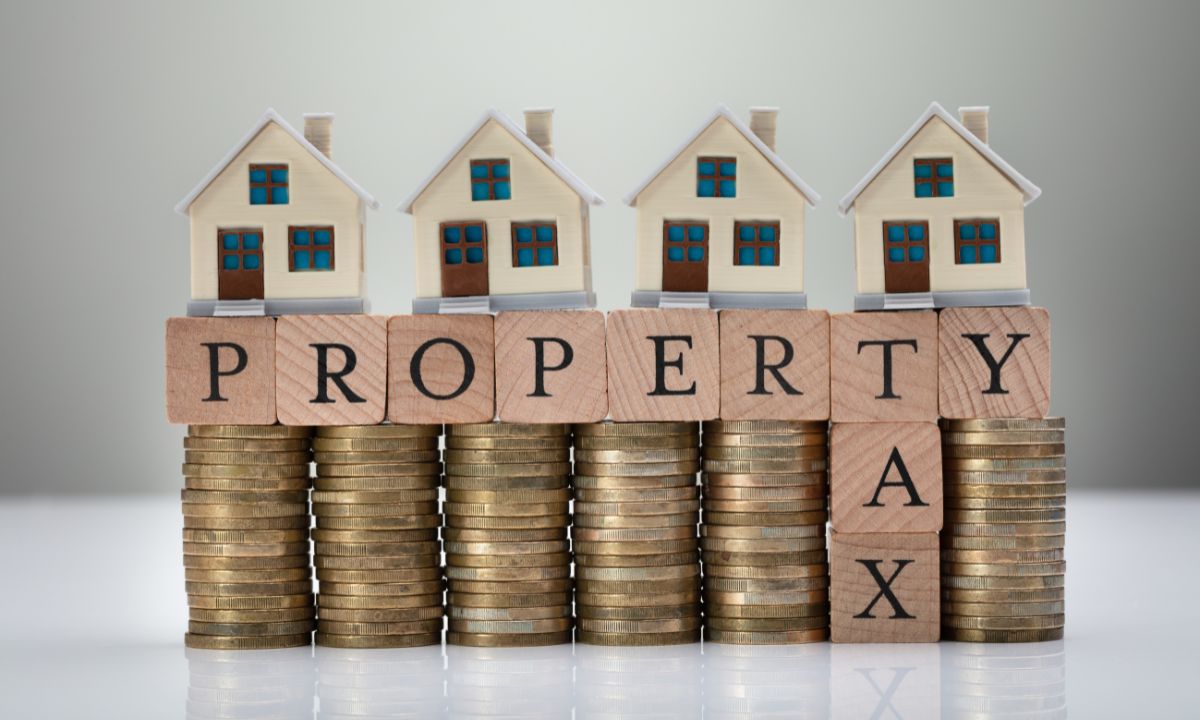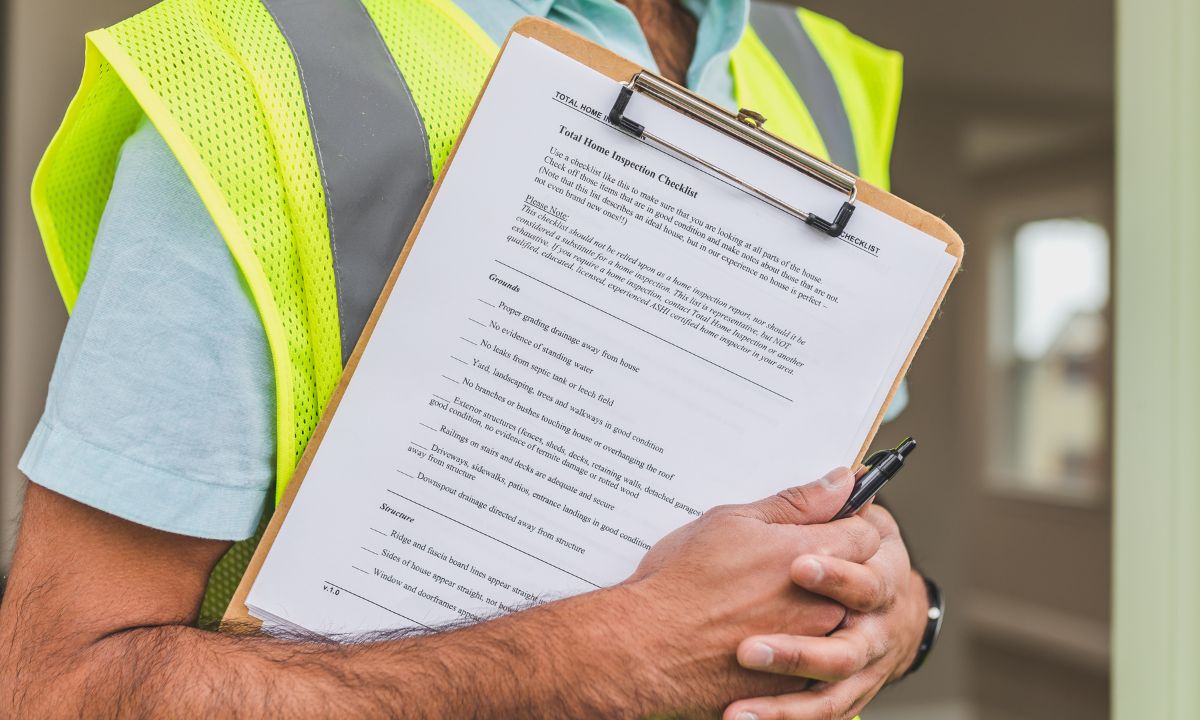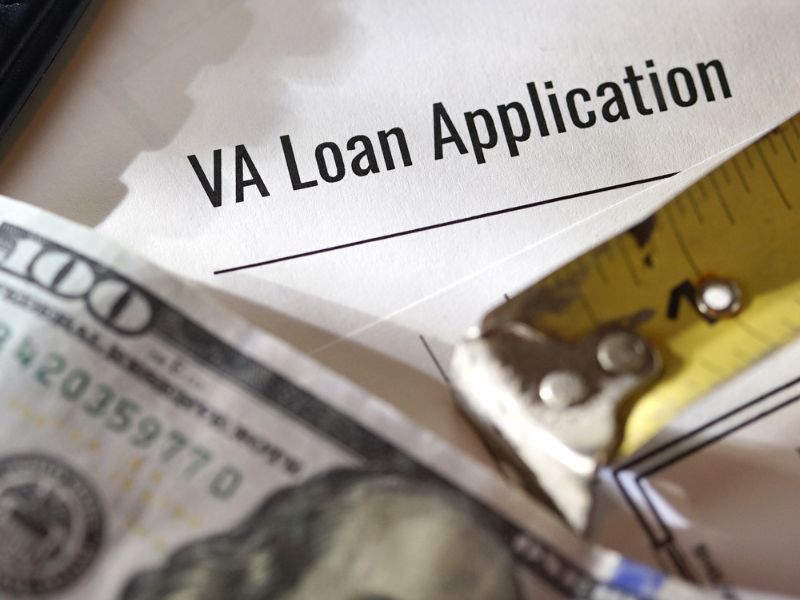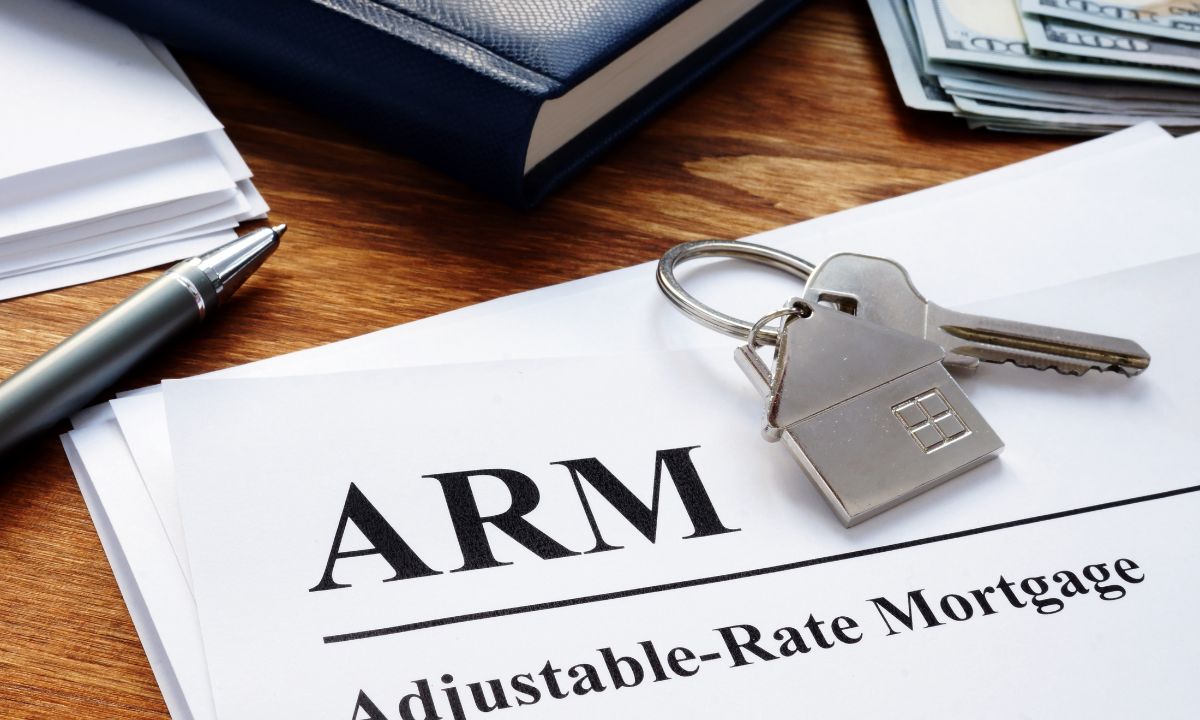In the world of real estate, the term “short sale” often surfaces in conversations, but its meaning and implications might not be immediately clear to everyone. As a real estate agent, it’s important to not only understand what a short sale is but also to effectively communicate its potential benefits to your clients. Let’s delve into the intricacies of short sales and explore why they might be advantageous for certain buyers.
What is a Short Sale?
A short sale occurs when a homeowner sells their property for less than the outstanding mortgage balance. In essence, the proceeds from the sale fall short of what the homeowner owes the lender. Short sales typically happen when the homeowner is facing financial hardship and is unable to continue making mortgage payments.
Why Would You Want a Short Sale?
Opportunity for Buyers: Short sales can present unique opportunities for buyers to acquire properties at potentially discounted prices. Since the seller is motivated to sell quickly to avoid foreclosure, buyers may find properties listed below market value.
Potential for Negotiation: Short sales often involve negotiations with the lender. Buyers, along with their real estate agents, can negotiate terms such as purchase price, closing costs, and repair credits. This flexibility can be advantageous for buyers seeking a good deal and willing to invest time in the negotiation process.
Less Competition: Short sales may have less competition compared to traditional sales or foreclosed properties. Many buyers are hesitant to pursue short sales due to the complexities involved, which can reduce competition and increase the chances of securing the desired property.
Potential for Property Improvement: Buyers interested in purchasing distressed properties may see short sales as an opportunity to invest in properties that require renovation or improvement. With the potential to add value over time, short sale properties can be appealing to buyers looking for long-term investments.
Assistance for Distressed Homeowners: While short sales offer benefits to buyers, they also provide a lifeline to homeowners facing financial hardship. By facilitating a short sale, homeowners can avoid foreclosure and mitigate the long-term consequences of defaulting on their mortgage.
Considerations for Buyers
Despite the potential advantages, buyers interested in short sales should be aware of certain considerations:
Complex Process: Short sales involve a complex and often lengthy process that requires patience and persistence. Buyers should be prepared for delays and uncertainties throughout the transaction.
Potential for Additional Costs: While short sale properties may offer discounts, buyers should be prepared for potential repair costs or unforeseen expenses associated with the property.
Risk of Rejection: Lenders have the final say in approving or rejecting short sale offers. Even after negotiations, there is no guarantee that the lender will accept the proposed terms.
Short sales can be a viable option for buyers seeking discounted properties and willing to navigate the complexities of the process. As a real estate agent, it’s essential to educate clients about the potential benefits and considerations associated with short sales, helping them make informed decisions that align with their goals and financial capabilities.
 Many homeowners seek to enhance their living spaces while concurrently adding value to their properties. However, numerous home improvement initiatives often come with exorbitant price tags, reaching six figures for extensive renovation projects. Nonetheless, there exist cost-effective alternatives that homeowners can explore.
Many homeowners seek to enhance their living spaces while concurrently adding value to their properties. However, numerous home improvement initiatives often come with exorbitant price tags, reaching six figures for extensive renovation projects. Nonetheless, there exist cost-effective alternatives that homeowners can explore. Purchasing a new home is an exciting milestone, but it also comes with various responsibilities, including understanding property taxes. Property taxes are a crucial aspect of homeownership, as they contribute to local government funding and services. In this guide, we’ll break down everything you need to know about property taxes as a new homebuyer.
Purchasing a new home is an exciting milestone, but it also comes with various responsibilities, including understanding property taxes. Property taxes are a crucial aspect of homeownership, as they contribute to local government funding and services. In this guide, we’ll break down everything you need to know about property taxes as a new homebuyer.
 Preparing to sell your home requires numerous decisions: Should you freshen up the paint? Finally, finish the basement. Renovate the bathroom? These questions often dominate the pre-sale planning. However, before diving into renovations, it is important to understand how your home has held up over time. One fundamental step in this process is investing in a professional home inspection. Here’s why.
Preparing to sell your home requires numerous decisions: Should you freshen up the paint? Finally, finish the basement. Renovate the bathroom? These questions often dominate the pre-sale planning. However, before diving into renovations, it is important to understand how your home has held up over time. One fundamental step in this process is investing in a professional home inspection. Here’s why. For the brave men and women who have served in the armed forces, the dream of homeownership becomes more attainable and rewarding through the power of VA loans. We will discuss the unique features that make VA loans a tool for veterans, empowering them to secure homes with financial flexibility and favorable terms.
For the brave men and women who have served in the armed forces, the dream of homeownership becomes more attainable and rewarding through the power of VA loans. We will discuss the unique features that make VA loans a tool for veterans, empowering them to secure homes with financial flexibility and favorable terms. In today’s fast-paced world, finding ways to unwind and connect with nature is increasingly important. One of the best ways to do this is by making the most of your outdoor living space. Whether you have a smaller backyard or a cozy balcony, there are plenty of easy ways to transform it into a welcoming oasis where you can relax, entertain, and enjoy the beauty of the outdoors. In this article, we’ll explore four simple yet effective ways.
In today’s fast-paced world, finding ways to unwind and connect with nature is increasingly important. One of the best ways to do this is by making the most of your outdoor living space. Whether you have a smaller backyard or a cozy balcony, there are plenty of easy ways to transform it into a welcoming oasis where you can relax, entertain, and enjoy the beauty of the outdoors. In this article, we’ll explore four simple yet effective ways. Which is better — a fixed-rate mortgage or an adjustable-rate mortgage (ARM)? It’s a common question among home buyers and refinancing households. The answer? It depends.
Which is better — a fixed-rate mortgage or an adjustable-rate mortgage (ARM)? It’s a common question among home buyers and refinancing households. The answer? It depends. This week is the release of Core CPI and PPI numbers for January. The only data release of note is the trade deficit and the usual unemployment reports for the prior week. The current trade deficit for the U.S. is operating precisely within expectations and correlating GDP numbers. This current week will provide further guidance for the Federal Reserve as the next release of inflation data is released.
This week is the release of Core CPI and PPI numbers for January. The only data release of note is the trade deficit and the usual unemployment reports for the prior week. The current trade deficit for the U.S. is operating precisely within expectations and correlating GDP numbers. This current week will provide further guidance for the Federal Reserve as the next release of inflation data is released. In the pursuit of the American dream, many individuals find themselves walking a tightrope between educational aspirations and the desire to own a home. The burden of student loan debt can often seem impossible, making the prospect of homeownership feel like a distant dream. With strategic planning and disciplined financial management, it’s possible to strike a balance between educational debt and homeownership goals. Here are a few effective strategies to help you navigate this delicate balancing act.
In the pursuit of the American dream, many individuals find themselves walking a tightrope between educational aspirations and the desire to own a home. The burden of student loan debt can often seem impossible, making the prospect of homeownership feel like a distant dream. With strategic planning and disciplined financial management, it’s possible to strike a balance between educational debt and homeownership goals. Here are a few effective strategies to help you navigate this delicate balancing act.